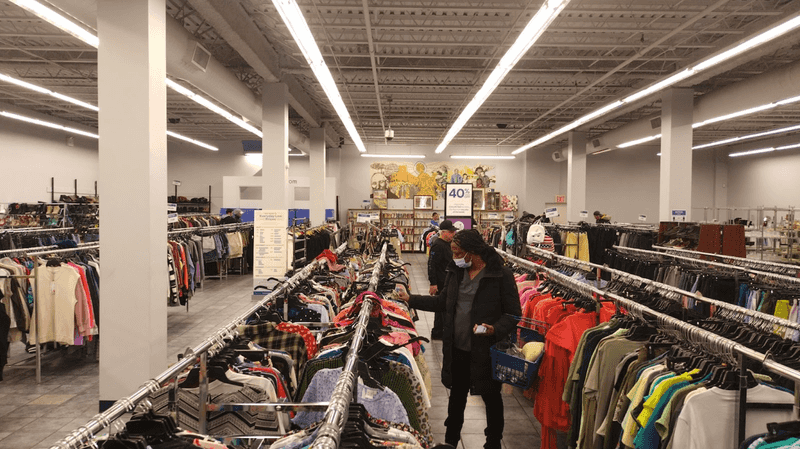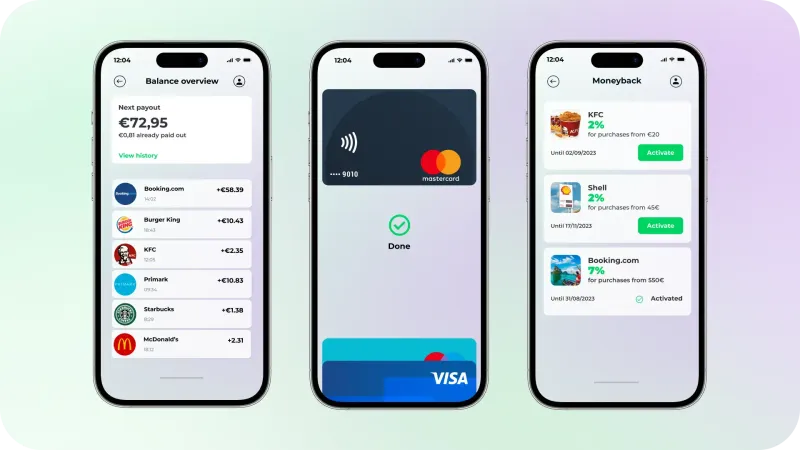Imagine a world where Gen Z is in charge, a generation known for its forward-thinking ideals, emphasis on inclusivity, and a deep-rooted commitment to environmental and social justice. This vibrant, tech-savvy group is reshaping norms, challenging traditional practices, and carving out new paths with creativity and passion.
If Gen Z held the reins, many everyday actions we’ve grown accustomed to might become relics of the past. From drastic shifts in how we consume media to transformative changes in our approach to the environment, prepare for an eye-opening exploration of the 13 activities we’d bid farewell to in a Gen Z-led future.
1. Plastic Usage

With Gen Z’s eco-conscious mindset, plastic bags and single-use plastics would likely become obsolete. Picture a world where everyone carries stylish, reusable totes proudly. This generation is determined to combat pollution and save marine life. The oceans, once clogged with plastic debris, would begin to recover, teeming with vibrant aquatic creatures again. It’s a small change with a massive impact. Imagine the feel of a sturdy, fabric bag in your hand instead of flimsy plastic. As awareness grows, individuals are empowered to make sustainable choices. This shift not only benefits the planet but fosters a sense of collective responsibility.
2. Fast Fashion

Fast fashion, known for its quick turnover and inexpensive allure, might dwindle under Gen Z’s reign. This generation favors thrift shopping and sustainable brands, valuing quality over quantity. Picture racks of unique, preloved clothing instead of endless rows of cookie-cutter outfits. The texture of a vintage denim jacket versus mass-produced polyester tells a story of individuality. Young people embrace the challenge of curating wardrobes that are both ethical and expressive. By reducing waste and supporting ethical labor practices, they’re paving the way for a more sustainable fashion industry.
3. Meat Consumption

Gen Z is leading the charge towards plant-based diets, championing the benefits of meat alternatives. Envision bustling markets brimming with fresh produce and innovative vegan dishes. The rich aroma of spices and herbs fills the air as people explore new culinary horizons. This shift is not just about diet but also a stance against animal cruelty and environmental degradation. The vibrant colors and flavors of plant-based meals make every bite an adventure. As more embrace this lifestyle, the impact on health and the planet becomes undeniable. It’s a delicious revolution driven by compassion and awareness.
4. Fossil Fuel Dependency

Goodbye, fossil fuels! Gen Z’s passion for green energy could leave oil and coal in the dust. Imagine city skylines dotted with solar panels and wind turbines spinning gracefully. Clean energy isn’t just a concept but a reality reshaping how we power our lives. The hum of electric vehicles replaces the roar of traditional engines. This shift symbolizes hope for a cleaner future, where innovation triumphs over outdated practices. Every solar panel installed is a step towards energy independence and reduced carbon emissions. Gen Z’s commitment to sustainability is revolutionizing the energy landscape.
5. Traditional Advertising

In a Gen Z-led world, traditional advertising could become a relic of the past. This digital-savvy generation prefers authentic, influencer-driven content. Imagine scrolling through engaging, relatable stories instead of ads. The vibrant creativity in user-generated content captivates audiences, offering fresh perspectives. Social media platforms transform into hubs of genuine interaction and inspiration. Brands adapt, collaborating with influencers who resonate with their communities. The result? Advertising that feels less intrusive and more like a conversation. Gen Z’s demand for authenticity is reshaping marketing strategies, paving the way for a more connected consumer experience.
6. 9-to-5 Workday

The rigid 9-to-5 workday might become a thing of the past under Gen Z’s influence. Flexibility and remote work are at the forefront of this generation’s career aspirations. Picture bustling coffee shops and serene home offices filled with plants and art. Work becomes a fluid part of life, not constrained by traditional hours. This adaptability fuels productivity and work-life balance, offering a more fulfilling career path. The freedom to tailor work environments and schedules revolutionizes how we approach employment. Gen Z is championing a future where work aligns with personal values and lifestyles.
7. Conventional Education

As digital natives, Gen Z envisions education beyond traditional classrooms. Imagine students donning VR headsets, exploring interactive worlds, and learning through immersive experiences. The tactile feel of textbooks gives way to dynamic digital resources. Education becomes a personalized journey, accommodating diverse learning styles. The shift towards experiential learning fosters critical thinking and creativity. With technology as a tool, the boundaries of education expand, making knowledge accessible to all. Gen Z is redefining how we view learning, emphasizing innovation and adaptability. This transformation holds the promise of an enlightened, inclusive educational landscape.
8. In-person Banking

In a Gen Z-driven world, in-person banking may become obsolete. Picture sleek apps replacing brick-and-mortar branches, where financial transactions are a tap away. The tactile experience of cash gives way to the convenience of digital wallets. This tech-savvy generation values efficiency and accessibility, making traditional banking seem cumbersome. The future of finance is at our fingertips, with apps offering everything from budgeting tools to investment advice. Gen Z’s embrace of fintech is streamlining how we manage money, heralding an era of financial empowerment and innovation.
9. Cable TV

Cable TV, once a staple in households, is fading as Gen Z opts for streaming services. Imagine cozy living rooms where smart TVs display endless content options. The tactile click of a remote is replaced by seamless voice commands. Streaming offers personalized viewing experiences, catering to diverse tastes without scheduled interruptions. Binge-watching becomes the norm, with entire seasons available at once. Gen Z’s preference for on-demand content is revolutionizing how we consume media, pushing traditional television to adapt or risk obsolescence.
10. Paper Currency

As digital natives, Gen Z might render paper currency obsolete. Visualize a bustling market where contactless payments reign supreme. The tactile feel of coins and bills is replaced by the ease of virtual transactions. This shift towards a cashless society emphasizes security and convenience. The familiar jingle of change gives way to digital notifications. Gen Z’s embrace of digital finance is shaping a future where money is purely electronic, fostering efficient and secure economic interactions. This transformation reflects their penchant for innovation and streamlined processes.
11. Excessive Waste

Gen Z’s commitment to sustainability could spell the end of excessive waste. Picture vibrant community clean-ups where groups tackle mountains of litter. The tactile sensation of gathering waste contrasts with the satisfaction of creating a cleaner environment. This generation prioritizes recycling and upcycling, transforming waste into resources. Every effort reflects a dedication to preserving our planet for future generations. Gen Z’s advocacy for zero waste practices is reshaping our approach to consumption, promoting a culture of responsibility and regeneration.
12. Formal Dress Codes

Formal dress codes might become a thing of the past as Gen Z favors comfort and individuality. Imagine modern offices where smart casual attire prevails. The tactile comfort of soft fabrics replaces restrictive suits and ties. This shift reflects changing values, where personal expression is celebrated. Gen Z’s influence is creating a workplace culture that prioritizes authenticity and inclusivity. By embracing diverse styles, they are redefining professional norms and fostering environments where creativity thrives.
13. Traditional Gender Roles

Gen Z is challenging traditional gender roles, advocating for equality and shared responsibilities. Picture households where tasks are divided fairly, regardless of gender. The tactile experience of domestic duties becomes a symbol of partnership and respect. This shift towards egalitarianism reflects a broader commitment to diversity and inclusion. By breaking down outdated stereotypes, Gen Z is fostering a culture of mutual support and understanding. Their efforts are paving the way for a more equitable society, where individuals thrive based on their abilities, not gender.

Well, hello there!
My name is Jennifer. Besides being an orthodontist, I am a mother to 3 playful boys. In this motherhood journey, I can say I will never know everything. That’s why I always strive to read a lot, and that’s why I started writing about all the smithereens I came across so that you can have everything in one place! Enjoy and stay positive; you’ve got this!

